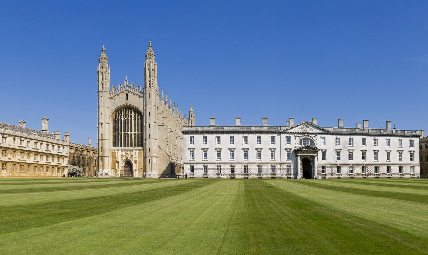Cambridge Enterprise has made a second investment in Cambridge CMOS Sensors, which is developing innovative gas-sensing microsystems.
The Cambridge-based company, which was founded in 2008, developed out of research from the University’s Department of Engineering.
The company recently made its first sales to two leading international sensor companies and signed an agreement with a UK-based sensor manufacturer to develop gas sensors using Cambridge CMOS Sensors’ technology.
Cambridge CMOS Sensors achieved over and above all the milestones set with the first funding round. We are happy to provide them with ongoing financial support as they continue to grow.
Dr Anne Dobrée
Gas-sensing technology currently has a wide range of residential, commercial and academic applications, including domestic gas detectors, industrial safety, explosive detection, medical diagnostics and environmental monitoring.
Cambridge CMOS Sensors has patented a microsytem technology that involves new types of silicon-on-insulator (SOI) complementary metal-oxide-semiconductor (CMOS) heatersfor application in microsensors.
By using CMOS technology, which is used in microprocessors and other digital logic circuits, gas sensors can be developed based on a miniature heating element (micro-hotplate) design with smart drive and accurate temperature control. This will show gas sensors to be produced in higher volume and at lower cost than current state of the art products.
The devices can be heated from room temperature to 700°C in a fraction of a second and have the ultra-low power consumption suitable for battery operation.
“Cambridge CMOS Sensors achieved over and above all the milestones set with the first funding round,” said Dr Anne Dobrée, Acting Head of Seed Funds at Cambridge Enterprise, the University’s commercialisation group. “We are happy to provide them with ongoing financial support as they continue to grow.”
Cambridge CMOS Sensors was founded by Professor Udrea, who is also a co-founder of CamSemi; Professor Julian Gardner, Professor of Electronic Engineering at the University of Warwick; and Professor Bill Milne, head of the Electrical Engineering Division at Cambridge and Director of the Centre for Advanced Photonics and Electronics (CAPE). The three academics have worked together for 20 years and have a successful record of transferring research to industry.
Tags: anne dobree, CAPE, CMOS sensors, diagnostics, engineering, funding, gas sensors











